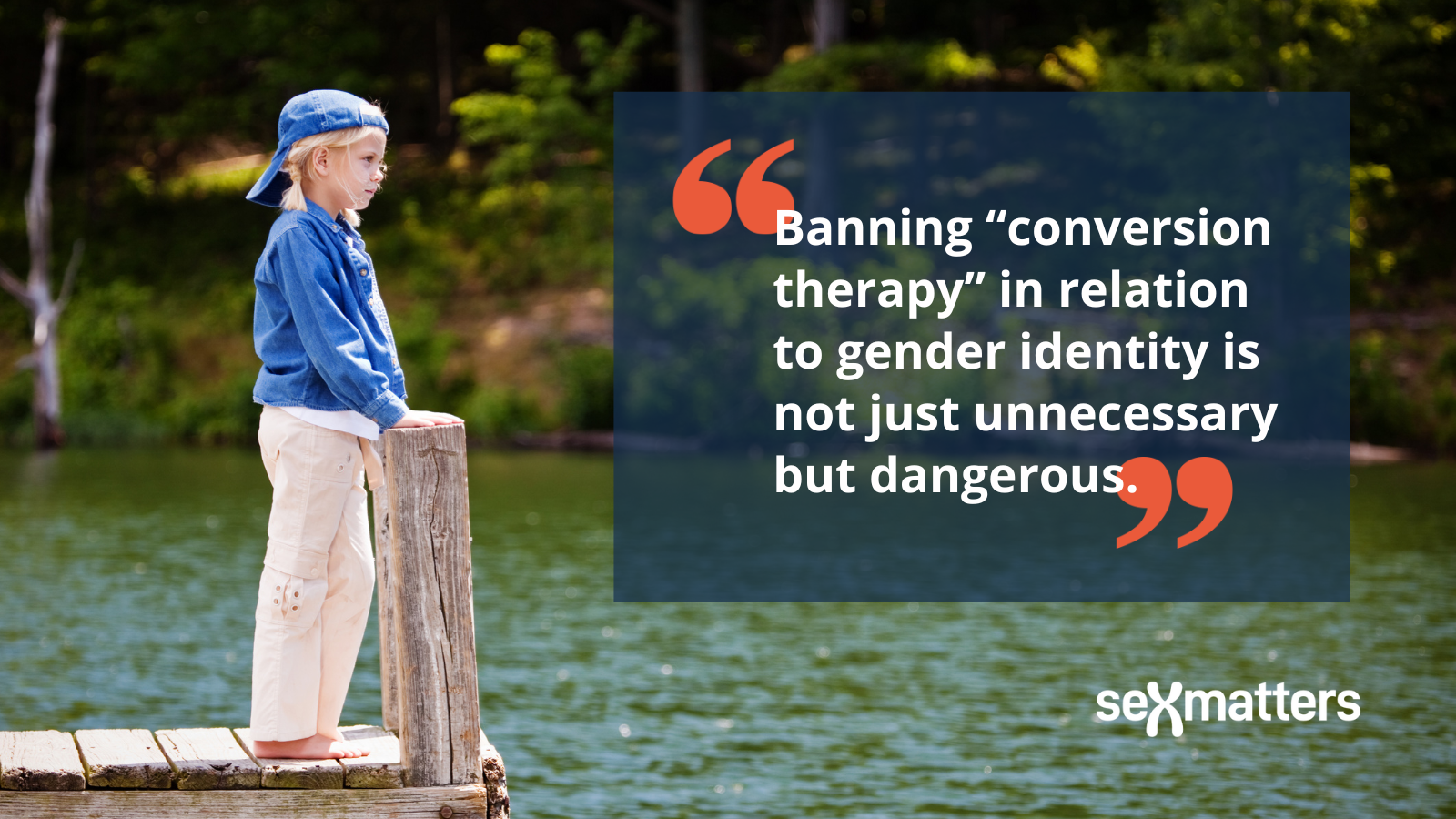Conversion therapy… again

The proposal to legislate to criminalise “conversion therapy” is back again, this time as a private members’ bill introduced by the Liberal Democrat Baroness Burt. It is being debated in the House of Lords today.
Private members’ bills don’t usually become law, but they do give a chance to debate an issue.
Baroness Burt’s bill has just one substantive clause:
(1) A person commits an offence if they practise, or offer to practise, conversion therapy.
(2) In this Act, “conversion therapy” is any practice aimed at a person or group of people which demonstrates an assumption that any sexual orientation or gender identity is inherently preferable to another, and which has the intended purpose of attempting to –
(a) change a person’s sexual orientation or gender identity, or
(b) suppress a person’s expression of sexual orientation or gender identity.
(3) A person guilty of an offence under this section is liable on summary conviction to a fine not exceeding level 5 on the standard scale.
This is very similar to the definition in the Memorandum of Understanding on Conversion Therapy developed by a coalition of counselling bodies and trans-activist organisations. It is based on the ideological position that a person’s gender identity is what they say it is and cannot be questioned or challenged. Baroness Burt’s bill would apply the same definition to “any practice”, not just by therapists, but by parents, teachers or youth workers. The chilling effect of this should be obvious.
Sex Matters has produced three briefings to support the debate in the House of Lords.
Torture? The Cooper Report
One argument used to support a ban is that it is required by international human-rights law. The Cooper Report, published by the Ozanne Foundation, argued that conversion practices amount to degrading treatment or even torture and therefore they must be outlawed. But it also argues that conversion practices should be broadly defined.
This is a “bait and switch” argument. If a conversion-therapy ban seeks to outlaw conduct that amounts to torture or degrading treatment, this would need a narrow definition. Practices that amount to torture such as rape, sexual assault, physical assault, verbal harassment and kidnap are already outlawed.
Proponents of a ban have not been able to identify evidence of any practices in the UK that are currently legal and that amount to torture or degrading treatment.
Nothing to fix: the Galop report
One piece of evidence referred to by those proposing a ban is the 2023 report by GALOP based on a survey undertaken by YouGov of 2,042 LGBT+ adults: “There was nothing to fix”: LGBT+ survivors’ experiences of conversion practices”.
In this survey, 18% of respondents answered “Yes” to the question of whether they had ever experienced someone taking any action to try to change, cure or suppress their sexual orientation or gender identity. But the examples it quotes do not provide evidence of anything that justifies a new criminal offence.
In order to report high numbers experiencing conversion practices, GALOP extends the definition to include parents expressing religious views, interpersonal conflict and ordinary exploratory therapy.
The case against a conversion-therapy ban
This briefing sets out reasons why there should not be legislation banning gender-identity conversion therapy:
- There is no evidence of existing abusive practice. Existing criminal law already outlaws abuse and physical harm, as well as child cruelty, neglect and violence.
- Transition, particularly in childhood and young adulthood, is a complex medical issue not a simple equality issue. The Cass Review is looking at the evidence, and how best to support children experiencing gender dysphoria.
- Legitimate therapists, parents and others would be captured by the law, ultimately harming children who need support.
- The legislation risks creating a chilling effect on research, debate and therapy. This new legislation will be used to criminalise dissent with gender ideology.
- The law would effectively remove medical gatekeeping from legal gender recognition, amounting to self-ID by the back door.
